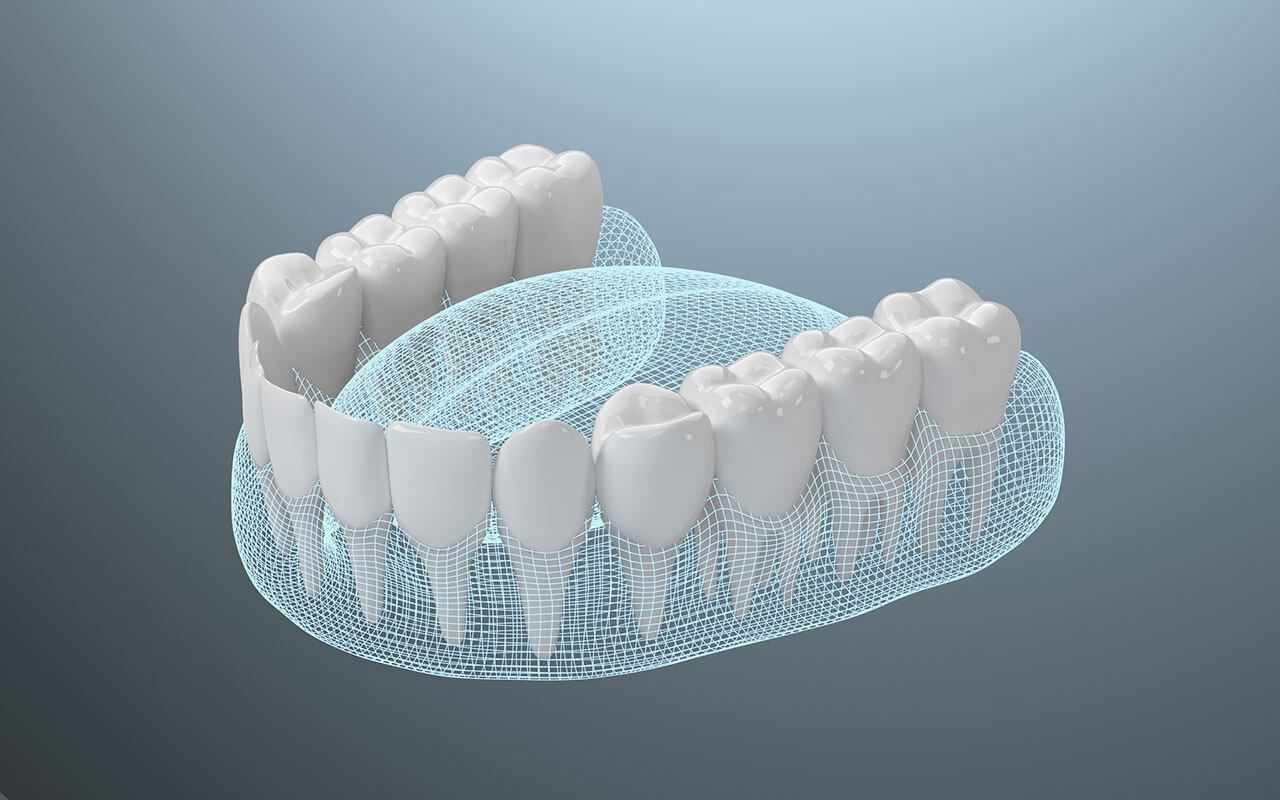All You Need to Know About Wisdom Tooth Extraction


Wisdom teeth are the four molars that grow in the back of your mouth, usually between the ages of 17 and 25. For many people, wisdom teeth don't have enough room to grow in properly, which can cause a variety of problems, including:
- Pain
- Infection
- Impaction (when the tooth is stuck in the bone and can't erupt)
- Crowding of other teeth
- Gum disease
If you're experiencing any of these problems, your dentist or oral surgeon may recommend having your wisdom teeth removed.
What to Expect During Wisdom Tooth Extraction
The type of anesthesia used for wisdom tooth extraction will depend on your individual needs. Some people may only need a local anesthetic, while others may need general anesthesia.
If you're having local anesthesia, you'll be awake during the procedure, but your dentist or oral surgeon will numb the area around your teeth so you won't feel any pain. If you're having general anesthesia, you'll be asleep for the entire procedure.
The actual extraction process usually takes about 30 minutes. Your dentist or oral surgeon will make an incision in your gum tissue to expose the tooth. They may then need to break the tooth into pieces in order to remove it. Once the tooth is removed, your dentist or oral surgeon will stitch the incision closed.
Recovery After Wisdom Tooth Extraction
After your wisdom teeth are removed, you'll need to rest and recover at home. You may experience some pain, swelling, and bleeding. Your dentist or oral surgeon will give you specific instructions on how to care for your mouth after the extraction.
It's important to follow your dentist or oral surgeon's instructions carefully to promote healing and prevent complications.
Complications of Wisdom Tooth Extraction
Complications from wisdom tooth extraction are rare, but they can occur. Some possible complications include:
- Bleeding
- Infection
- Dry socket
- Nerve damage
- Temporomandibular joint (TMJ) disorder
If you experience any of these complications, it's important to see your dentist or oral surgeon right away.
When to Have Wisdom Teeth Removed
There is no one-size-fits-all answer to this question. The best time to have your wisdom teeth removed will depend on your individual situation. However, in general, it's best to have your wisdom teeth removed as soon as possible if they're causing problems.
Preventing Wisdom Tooth Problems
There is no surefire way to prevent wisdom tooth problems. However, there are some things you can do to reduce your risk, such as:
- Getting regular dental checkups and cleanings
- Brushing and flossing your teeth twice a day
- Eating a healthy diet
- Avoiding tobacco use
Conclusion
Wisdom tooth extraction is a common procedure that can be performed to relieve pain, infection, and other problems caused by impacted wisdom teeth. The procedure is usually safe and effective, but there are some potential risks involved. If you're considering having your wisdom teeth removed, it's important to talk to your dentist or oral surgeon about the risks and benefits of the procedure.

Christin Krause
Duis aute irure dolor in reprehenderit in voluptate velit esse cillum dolore eu fugiat nulla pariatur. Excepteur sint occaecat cupidatat non proident, sunt in culpa qui officia deserunt mollit anim id est laborum.


